What is the Best Time to Visit Greece?
Greece is steeped in both mythology and history, which, along with its beautiful beaches and scenic views, makes it the perfect destination for any keen traveller. But what is the best time to visit Greece?
At Crown Currency Exchange, we've put together this guide to help you decide when to visit Greece based on your budget, weather preferences, and what you'd like to do. Below, you'll find a seasonal and monthly guide to Greece, making it easier than ever to plan the perfect Greek holiday.
What is the Best Time to Visit Greece for Weather?
During spring, temperatures average 25ºC in Greece, and there is plenty of warm weather and sunny skies to enjoy. The higher temperatures of the summer season haven't quite kicked in yet, meaning the nights are slightly cooler, and outdoor activities start to pick up.
As June rolls around and the summer season starts up, the average temperature hits around 32ºC. Days and nights are warmer, and the sunny days are more intense. Coastal regions are particularly warm during the summer months, and rainfall is incredibly sparse.
The temperature starts to drop during autumn, with average temperatures lowering to 20ºC. Many people find that autumn is the ideal time to visit Greece, especially if you want to appreciate the stunning architecture and scenery but also enjoy cooler weather.
Once the winter months come around, average temperatures fall to 15ºC. Weather remains typically Mediterranean, although rainfall is higher at this time of year. Northern Greece sees much colder temperatures than the rest of the country during winter, and it isn't rare for it to snow here during mid-winter.
Visiting Greece in Spring (March to May)
Spring is a great time to visit Greece if you're looking for warm weather and sunny days while avoiding the intense heat of the summer months. It does occasionally rain during the spring in Greece, but showers are fewer towards the end of the season. As you can imagine, there's plenty to do in Greece at this time of year, too.
Key Events in Spring
- Greek Independence Day: Held on March 25th, Greek Independence Day marks the date Greece was made independent from Turkey in 1829. Parades are held throughout the country, with Greek flags being flown and people dressed in traditional Greek costumes.
- Greek Orthodox Easter: Throughout Greek Orthodox Holy Week and into Easter Sunday, customs and celebrations are held throughout Greece, with many sacred processions (including the procession of the Holy Flame), communal masses and prayer sessions held. Tourists are welcome to join respectfully.
- Apokries: Held ahead of "Clean Monday", which marks the beginning of Lent, a three-week-long carnival takes place throughout the Greek Islands called Apokries. During this time, non-fasting foods are plentiful, and food stalls sell traditional dishes.
Visiting Greece in Summer (June to August)
For those who like super warm weather and long, hot, sunny days, the summer months are the best time to visit Greece. Temperatures soar to an average of 32ºC at this time of year, and there are loads of activities and places to discover. One thing to keep in mind, however, is as it's the high season, there are more crowds to contend with.
Key Events in Summer
- Greek Orthodox Pentecost: Another important holiday in the Greek Church's calendar. Pentecost marks the fulfilment of Jesus' mission on Earth, and this is marked with Holy processions through the streets throughout Greece.
- Athens & Epidaurus Festival: A summer highlight, the Athens & Epidaurus Festival features music, singing, dancing, and theatrical performances held at the Acropolis in Athens.
- Olympus Festival: Another arts festival, the Olympus Festival takes place at the site of the ancient Olympics and sees a mixture of live music, dance, and theatre over a few weeks.
Visiting Greece in Autumn (September to November)
Much like spring, the weather in autumn is cooler than the summer months. This mild weather is also great for outdoor activities without having to worry about overheating during this shoulder season, and there are fewer crowds to navigate as you discover everything this wonderful country has to offer.
Key Events in Autumn
- Armata Festival: Every September, the Armata Festival commemorates the battle between Spetses Island and Kosta during the 1821 revolution. A flotilla of boats takes to the water, and the festival is ended with a huge fireworks display.
- Athens International Film Festival: Running for three weeks from September into October, the Athens International Film Festival is a great event for movie fans. Not only are there movie premieres and exclusive screenings to attend, but there are also talks, panels, and meet-and-greet opportunities.
- Ohi Day: One of the most important dates in Greece's history, Ohi Day marks the day that Greece refused to let Mussolini's Italian troops enter the Greek border on October 28th, 1940. Military parades are held throughout the country, and popular Greek songs are performed.
Visiting Greece in Winter (December to February)
The winter sees cooler weather and temperatures of around 15ºC, making it the quietest time to visit Greece. There's still some awesome stuff to do though, and as it's the low season, you'll find that accommodation and activities are generally cheaper. You should, however, avoid visiting Northern Greece unless you don't mind heavier rainfall or potential snow.
Key Events in Winter
- Athens Marathon: One for fitness fanatics, the Athens Marathon takes place every November and has a variety of routes and running distances for everyone. Around 21,000 people attend every year, and registration is needed.
- Epiphany: January 6th is Epiphany Day in Greece and marks the end of the Christmas period. A "Blessing of the Waters" is held in Piraeus, and the night before sees choirs of children singing traditional carols known as kalanta.
- Apokreas: One of the most popular events in Greece, Apokreas is the start of festival season in Greece, and the streets start to come to life with food stands, dancing, and singing.
What is the Cheapest Month to Visit Greece?
Whether you're a budget traveller or prefer luxury accommodation, you should visit Greece during the winter months if you're trying to save as much money on your trip as possible. While temperatures are lower, the weather is still typically Mediterranean, and, aside from the Northern regions, rainfall is pretty low.
Accommodation and activities are available at lower prices during this time of year, and as the tourist season has passed, many bars and restaurants will be running deals or lowering their prices to keep business ticking over.
Quick tip: Save yourself time and money by buying your Euros for Greece before you reach the airport. You'll also get better rates and no hidden fees!
What is the Best Time to Visit Greece for Events and Festivals?
There are festivals and events all year round in Greece, as well as some amazing activities you can take part in at certain times of the year. Below, you'll find our guide to some of the most popular events and activities in Greece, helping you decide what time of year is best to visit.
Key Events in January
- Epiphany Celebration: Every January 6th, Greece celebrates Epiphany, which marks the end of the Christmas period. A "Blessing of the Waters" takes place in Piraeus (Greece's largest port), and hundreds of Greeks and tourists alike flock to the area to witness the ceremony.
- Feast of Saint Basil Celebration: Held on January 30th, the Feast of Saint Basil is a religious festival that commemorates St. Basil the Great, who was Archbishop of Caesarea in Cappadocia. Hymns can be heard throughout Greece, and bakeries sell special St. Basil's Cakes made with sweet ingredients to symbolise the sweetness of life.
- Cinedoc Festival: You can think of Cinedoc Festival as a film festival, only with documentaries instead of movies. This takes place every January in Athens and showcases documentaries that highlight major current issues, such as climate change and human rights.
Key Events in February
- Apokries Festival: There aren't a lot of separate festivals in Greece in February, but with the Apokries Festival, there really doesn't need to be. This is like one major carnival that takes place throughout the Greek Islands and is a festive period in the lead-up to Lent. Eating, drinking, dancing, and more are celebrated and encouraged, and there are huge floats and elaborate street performances all month long.
Key Events in March
- Greek Independence Day: Celebrated every year on March 25th, children from towns and villages throughout Greece take the streets in a flag parade as part of Greek Independence Day. There are also food stalls to enjoy and workshops where you can make your own Greek flag.
- The Feast of the Annunciation: Also celebrated on March 25th, the Feast of the Annunciation commemorates the visit of the Archangel Gabriel to the Virgin Mary. Processions go through many Greek towns and villages, headed towards Churches where mass and hymns take place.
- Beauty Festival: A giant trade fair with beauty product suppliers from all over Greece, the Beauty Festival is a great place to indulge in some retail therapy and get your hands on the latest natural beauty products from the industry.
Key Events in April
- The Feast of St George: Despite being the Patron Saint of England, St. George is also celebrated in Greece every April. However, the story is quite different from that of England and doesn't relate to dragon slaying and, instead, celebrates the Martyr's Greek lineage and life.
- Greek Orthodox Easter: A major religious event throughout Greece, Greek Orthodox Easter is celebrated with processions, mass, and prayer sessions. The biggest of the events at this time takes place on the evening of Easter Sunday, with hundreds of people gathering at churches and village squares at 11 p.m., holding large candles that are lit by a priest. These are then extinguished at midnight, symbolising the passing of Christ into the underworld.
Key Events in May
- Labour Day: Known nationally as "Protomagia", Greek Labour Day takes place on the first day of May each year and is celebrated with wreath-making workshops, picnics, kite flying, and wildflower picking. This is a national holiday, so all shops are closed, but it's a great day to explore Greece and its traditions.
- Flower Festival: The flower festival has mythological roots and celebrates the Greek Gods Persephone and Demeter. Flower stalls and shows are set up throughout Greece, and towns and villages are decorated with an abundance of flowers.
- Sardine Festival: One for the foodies, the Greek Sardine Festival takes place in Halkidiki, Chania, and Preveza every May to celebrate the nation's relationship with fresh seafood. Don't worry if you aren't a fish fan, though. There are loads of stalls selling a plethora of Greek cuisine, and music and dancing take place late into the evening.
Key Events in June
- Epidaurus Festival: Arguably the most popular event in Greece, the Epidaurus Festival is held in the ancient ruins of Epidaurus in Athens. Music, dancing, singing, theatrical performances, and more can all be enjoyed while admiring one of Greece's most famous historic sites.
- Orthodox Pentecost: As a highly religious country, it will come as no surprise that Orthodox Pentecost is another very important holiday in Greece. This marks the completion of Jesus' mission on Earth and sees processions and communal mass held throughout the country.
- Miaoulia Festival: Held annually at the end of June, the Miaoulia Festival takes place in Hydra and celebrates the life of local admiral Andreas Miaoulis and his battle against the Turks in the Greek Revolution. Music, dancing, and theatrical performances take place during the day, followed by a large fireworks display over the harbour in the evening.
- Daphni Wine Festival: Greece is well-known for creating some of the world's best wines, and the Daphni Wine Festival offers the chance to sample some new varieties. It's also ideal for bringing souvenirs home to your loved ones or simply buying a few bottles as a reminder of your Greek holidays.
- Aegean Festival: June is one of the busiest months for events in Greece, and this festival runs for four months from the end of June. Held in Skiathos Town and set against a backdrop of the beautiful Aegean Sea, you'll enjoy traditional and modern dance and music, as well as get the opportunity to tour some art exhibits.
Key Events in July
- Nafplio Festival: One of Greece's best-loved classical music festivals, the Nafplio Festival runs for one week in July and is held in multiple locations throughout Nafplio, including Vouleftikon and Aghios Yeorgios Square.
- Olympus Festival: Another music festival, the Olympus Festival is one of the biggest cultural events held in Greece. It runs for almost two months, so there's plenty of time to catch a show while taking in incredible views of Mount Olympus and the Thermaic Gulf.
- The Puppet Festival: Held in Kalamata, the Puppet Festival is an ideal day out for anyone who loves crafts and theatre. There are performances scattered throughout the day, as well as workshops where you can create your very own Greek puppet.
- Rockwave Festival: One of the biggest music festivals in Greece, Rockwave Festival is held across a long weekend in July and has been a popular event since it started in 1996. Past acts include big names like Placebo, Judas Priest, Iron Maiden, Black Sabbath, and more.
Key Events in August
- International Andros Festival: Another fabulous event for both music and theatre lovers, the International Andros Festival takes place every August in The Open Theatre of Chora. There are also exclusive screenings of short films to enjoy, all shown under the Greek night sky.
- Pulsar Festival: A celebration of local, national, and international arts, the Pulsar Festival offers performances from up-and-coming as well as renowned artists. Whether you enjoy music, dancing, or singing, there's something for everyone.
- Molyvos International Music Festival: Each year, the Molyvos International Music Festival creates a different theme and artists from all over Greece create beautiful, enchanting music that symbolises it. This is one of the less expensive music festivals in Greece, with tickets costing around EUR €20, making it a great choice for those trying to stick to a smaller budget.
- August Moon Festival: Held at over 100 historical sites throughout Greece, the August Moon Festival is home to poetry, dance, music, plays, art, and site tours. As the name suggests, it takes place around the full moon in August, and, with the weather being so good at this time of year, you're almost guaranteed a clear night sky.
- Epirotika Festival: Theatrical performances, concerts, dancing, and art exhibitions can be enjoyed every August in Ioannina's Epirotika Festival. You'll also get gorgeous views of the Ionian Sea while you enjoy the festival, making for a memorable experience.
Key Events in September
- Armata Festival: Held in Spetses each September, the Armata Festival commemorates the Spetses naval battle of September 8th, 1822. Hundreds of boats take to the water, and there is traditional Greek dancing and music to enjoy before the evening ends with a magnificent fireworks display.
- Athens International Film Festival: A must-visit event for movie lovers, the Athens International Film Festival runs for two weeks from the end of September. Tickets are available for exclusive screenings, and there are also panels and talks with stars and directors to attend.
- Michaelmas: Another of Greece's religious festivals, Michaelmas takes place on September 29th and celebrates St Michael, the principal angelic warrior, protector against the dark, and the Archangel who fought against Satan. Processions line the streets as worshippers head to churches across Greece for mass.
- The Pistachio Festival: In mid September each year, Aegina plays host to The Pistachio Festival, which, as you may have guessed, celebrates its main export - the pistachio nut. There is music, singing, and dancing, as well as stalls selling a whole range of products made from pistachios.
Key Events in October
- Ohi Day: Held on October 28th each year, Ohi Day commemorates the day Greece refused entry across the borders to Mussolini's Italian troops in 1940. This is an excellent event for history buffs to enjoy, and the military parades and popular songs add even more gravitas to this significant day in Greek history.
- The Chestnut Festival: This festival takes place in Crete's Elos Village and is celebrated to mark one of Greece's most important exports - the chestnut. Here, you'll have the opportunity to sample and purchase a plethora of products made using chestnuts, as well as see the harvest take place.
- Festival of Agio Averkios: Agio Averkios is the Patron Saint of Wines in Greece, and this festival takes place every October in Santorini to pay homage to him. Singing and dancing take place all day long and, as you might imagine from such an event, there is plenty of food and wine to enjoy.
Key Events in November
- St Andreas Name Day: Every November 30th, the Greek Orthodox Church commemorates St Andreas, the first Apostle. This is another day of worship in Greece, and much like most other religious events, large processions can be seen heading through the streets towards churches. There are also large communal masses and prayer sessions held in town and village squares.
- Athens Marathon: There's nothing quite like running a marathon in the country that founded the Olympics! The Athens Marathon takes place each November, and there are multiple trails and distances you can take part in. Keep in mind, however, that this is a very popular event, and things can get extremely crowded.
Key Events in December
- The Feast of St. Nikalaos: Held on December 6th each year, The Feast of St. Nikalaos celebrates the life of the real Father Christmas! You'll see the usual processions through the streets as people head towards their places of worship, and as night falls, you'll spot shoes that have been left in doorways and foyers as a symbol of respect for St Nikalaos.
- Florina Bonfire Festival: Every December 23rd, a huge number of bonfires are lit across Florina, some of which can reach up to 15 meters high. The origins of this festival come from villagers paying their respects to Apollo, the Sun God, and it really is one of the most spectacular winter events you'll find in Greece.
- New Year's Eve: While New Year's Eve is celebrated with firework displays and partying in most other countries, in Greece, it is known as a "marathon day". This doesn't necessarily mean running a marathon, though. Instead, you are encouraged to play cards in a marathon game lasting from early evening through to midnight.
How Many Days Do You Need to See Greece?
To visit multiple Greek Islands, immerse yourself in culture, and enjoy some incredible activities, we would recommend spending 10-14 days in Greece. Of course, if you're planning to stay in just one area, a 7-day stretch should be enough to take in the sights, visit some amazing places, and spend a couple of days relaxing on the beach.
Final Thoughts
With such an ancient culture and so many religious events taking place throughout the year, Greece is one of those places you need to visit at some point in your life. When it comes to the best time to visit Greece, however, the spring and summer months are ideal for those who prefer hot weather, while the shoulder season of autumn is good if you want to avoid intense heat. The winter is the cheapest time of year to visit Greece, and there are fewer tourists. But, while there is something to do year-round, your options are a little more limited at this time of year.
Whenever you choose to visit Greece, it's important to make sure you get your spending money in place before you get to the airport! Visit your nearest Crown Currency Exchange and speak to our knowledgeable, friendly team for more information on buying Euros.




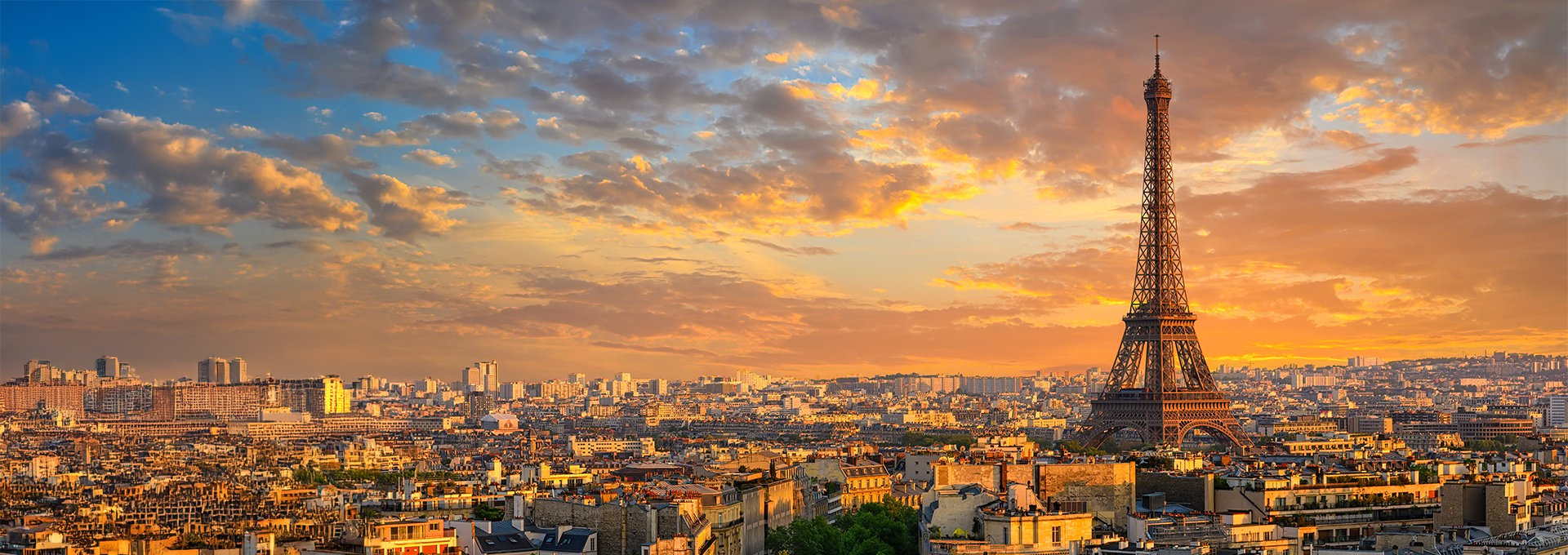
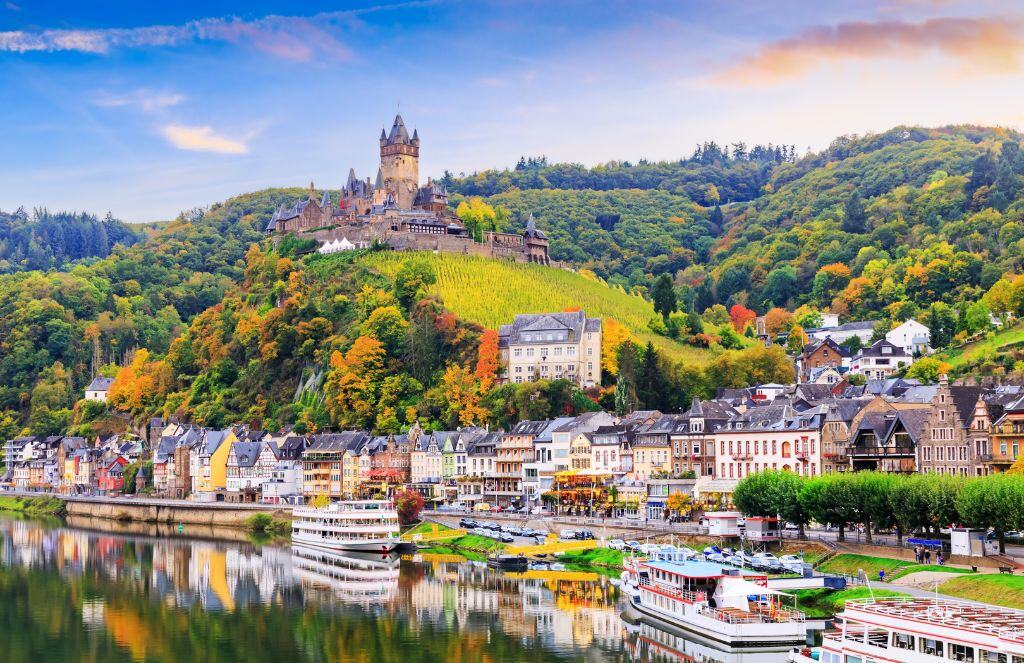

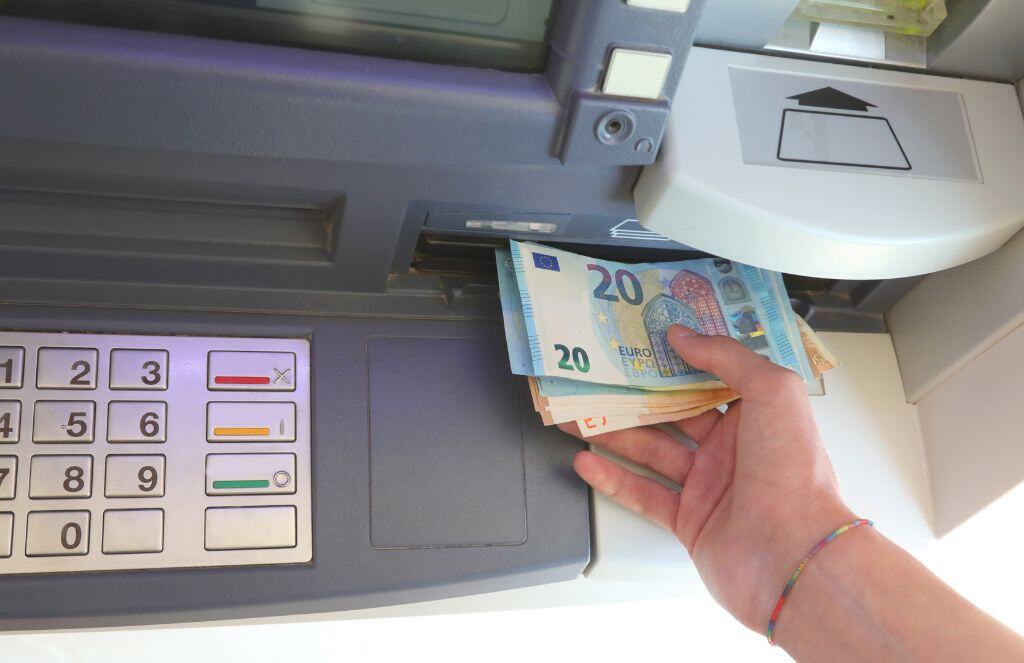
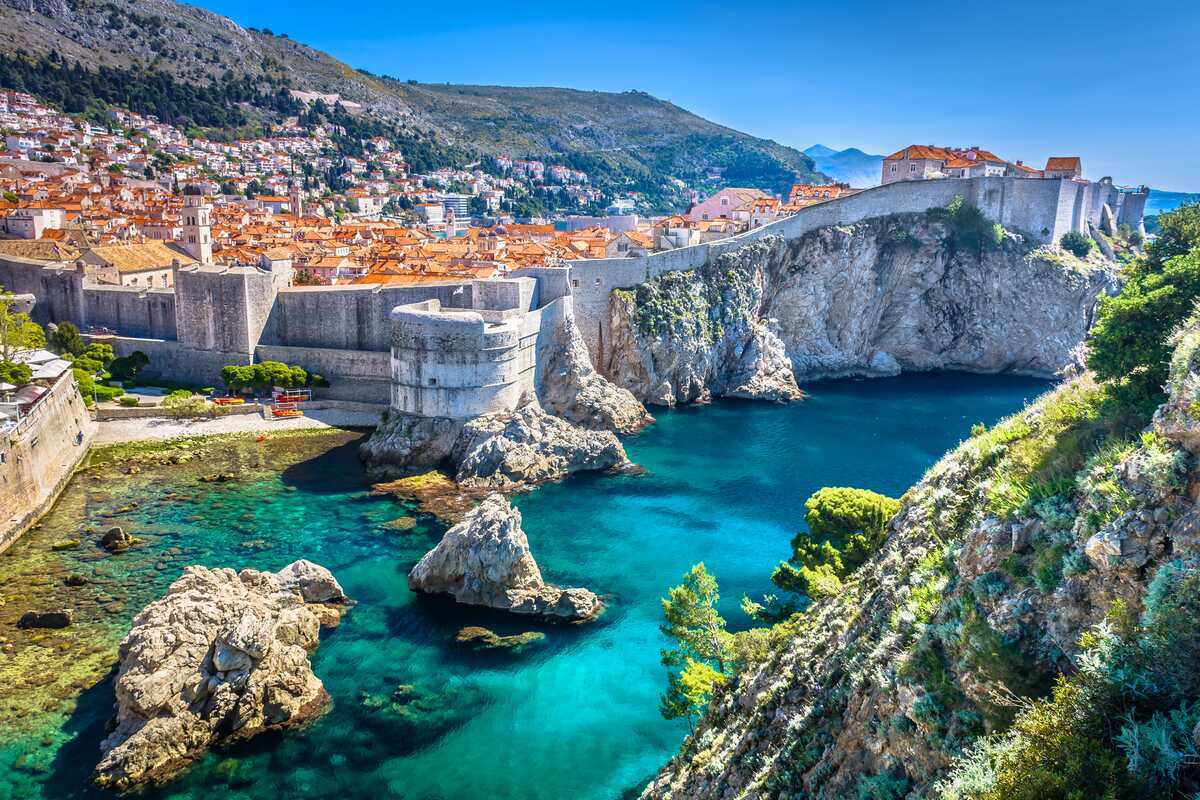

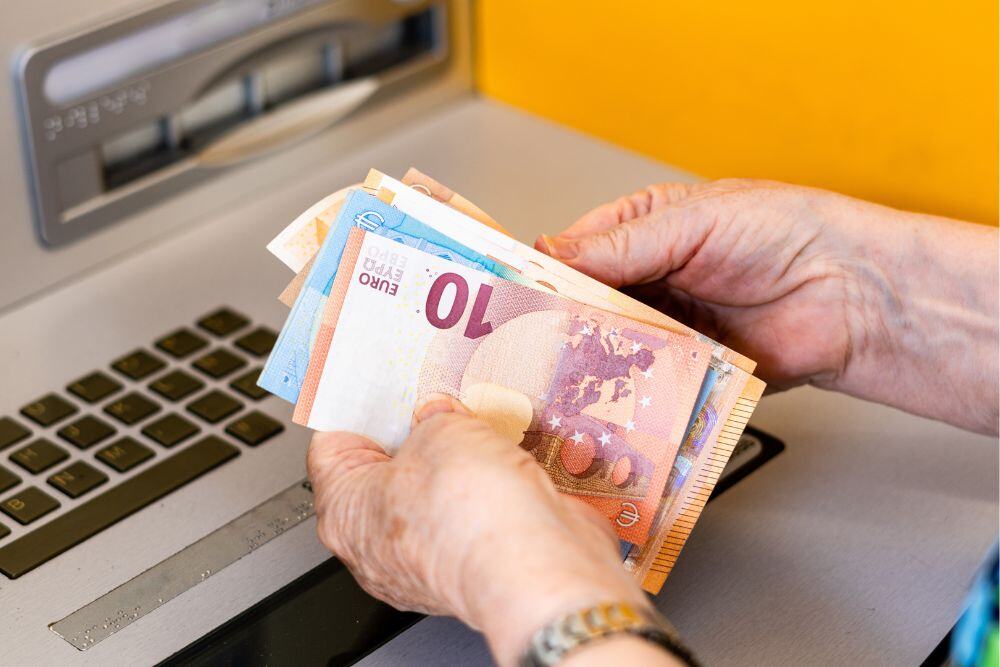
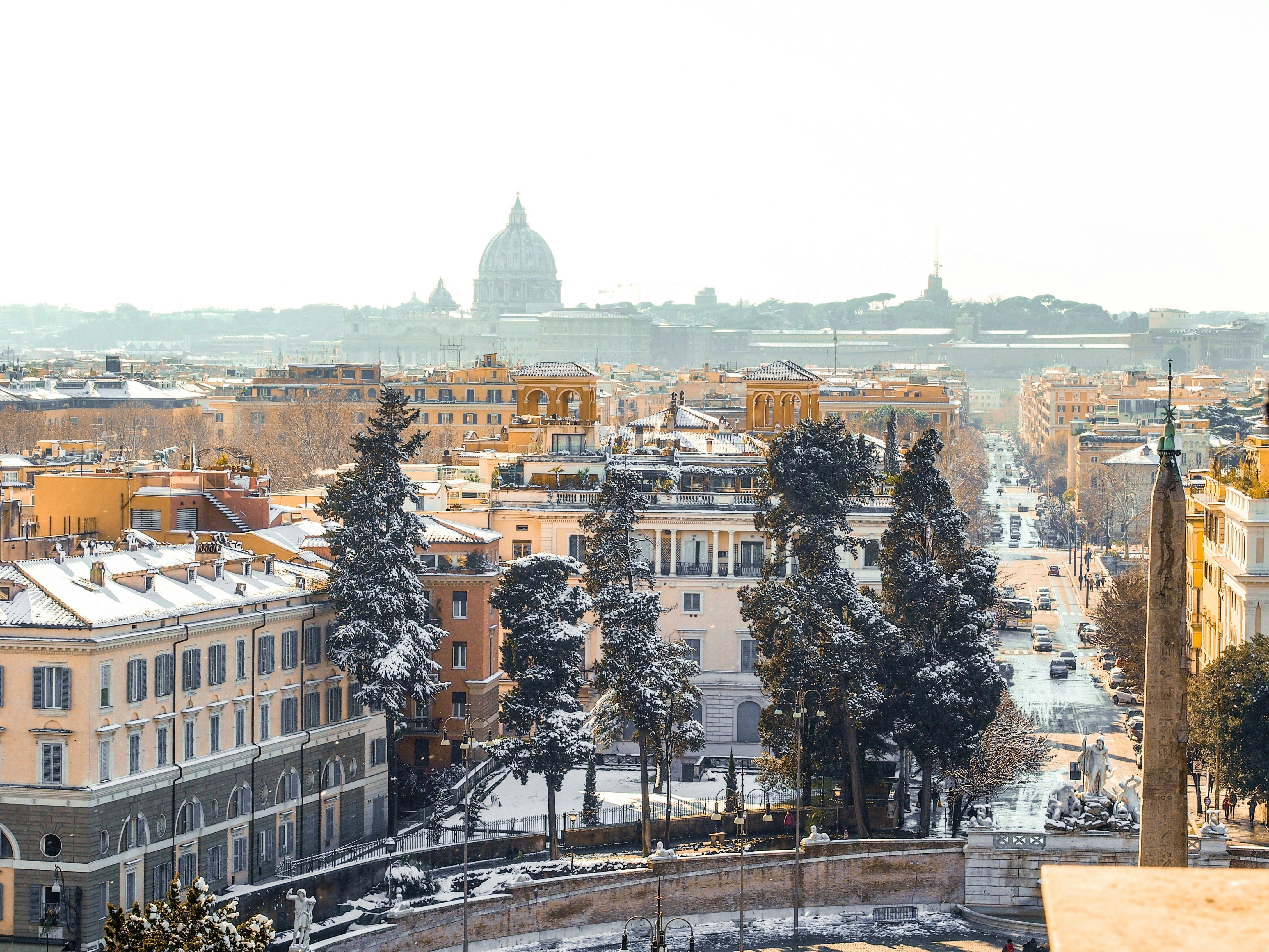


.png)

